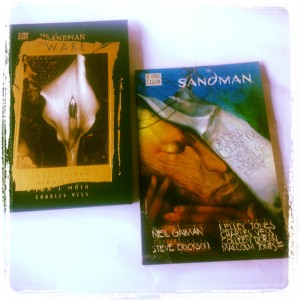If I pick apart what I said in the last blog, I think I’ve come up with the basic things that I need in place to ensure that I avoid writer’s block.
Inspiration: It sounds obvious, but having something, be it a few words, a character, a situation, whatever, is essential. I won’t sit down to write now unless I have something in my head. Where does the inspiration come from I hear you ask. To be honest, I’m still working that out and will blog it once I do.
Some kind of plan: It doesn’t have to be detailed or particularly specific, but some sense of where I’m heading makes a huge difference. It means that at any point when I’m stuck I can always return to the final outcome, which then informs what will happen next. It also helps stop me from heading off down random paths that lead nowhere and kill both my flow and the momentum of the story.
Characters: Every story revolves around a character, or set of characters. It is the character that the reader will invest in, so I have to be invested as well. I’m in love with all of my characters, even the nasty ones, and it’s giving them lives that the readers will engage with that will make them want to keep reading. They help me write because it’s in imagining scenarios involving them, or putting them in situations where I worry about them, that I can create something.
In short, having one or more of the 3 above doesn’t automatically mean that you won’t have a block, but for me, they are the best way to avoid one. Or, slightly more prosaically, they are the tools that I can use to build a story.


